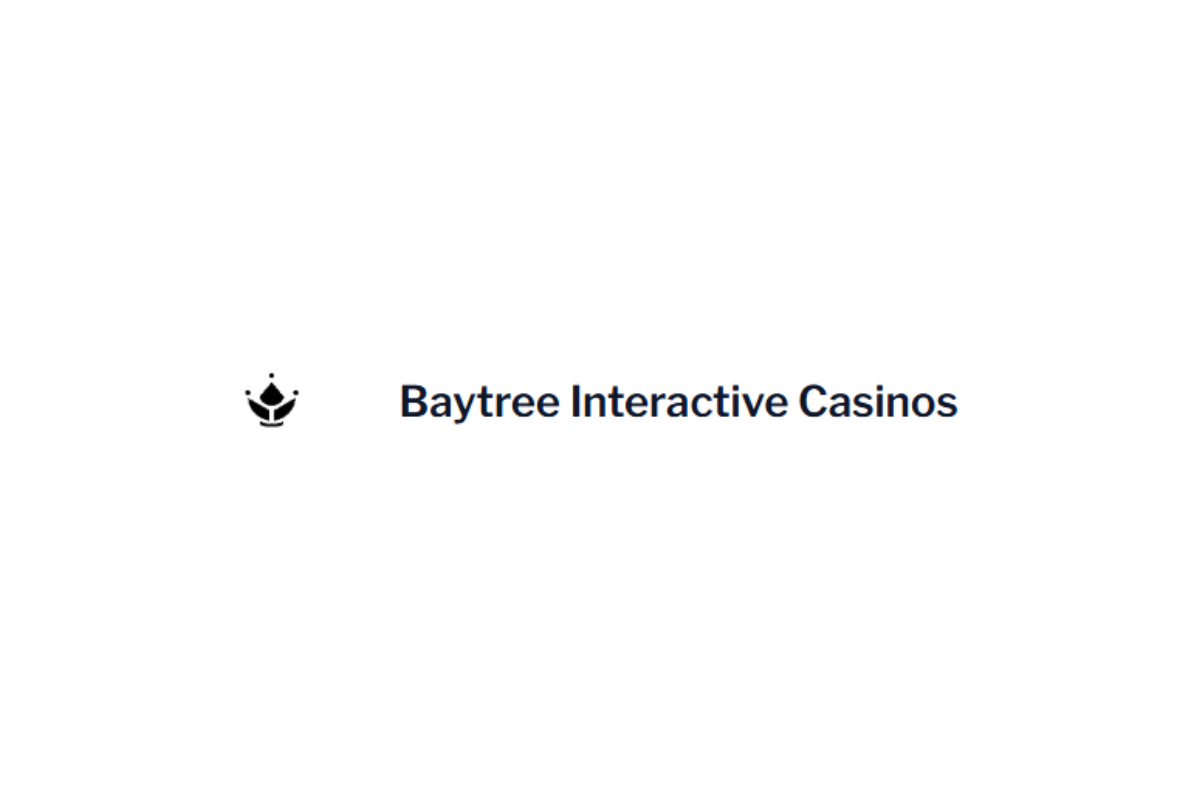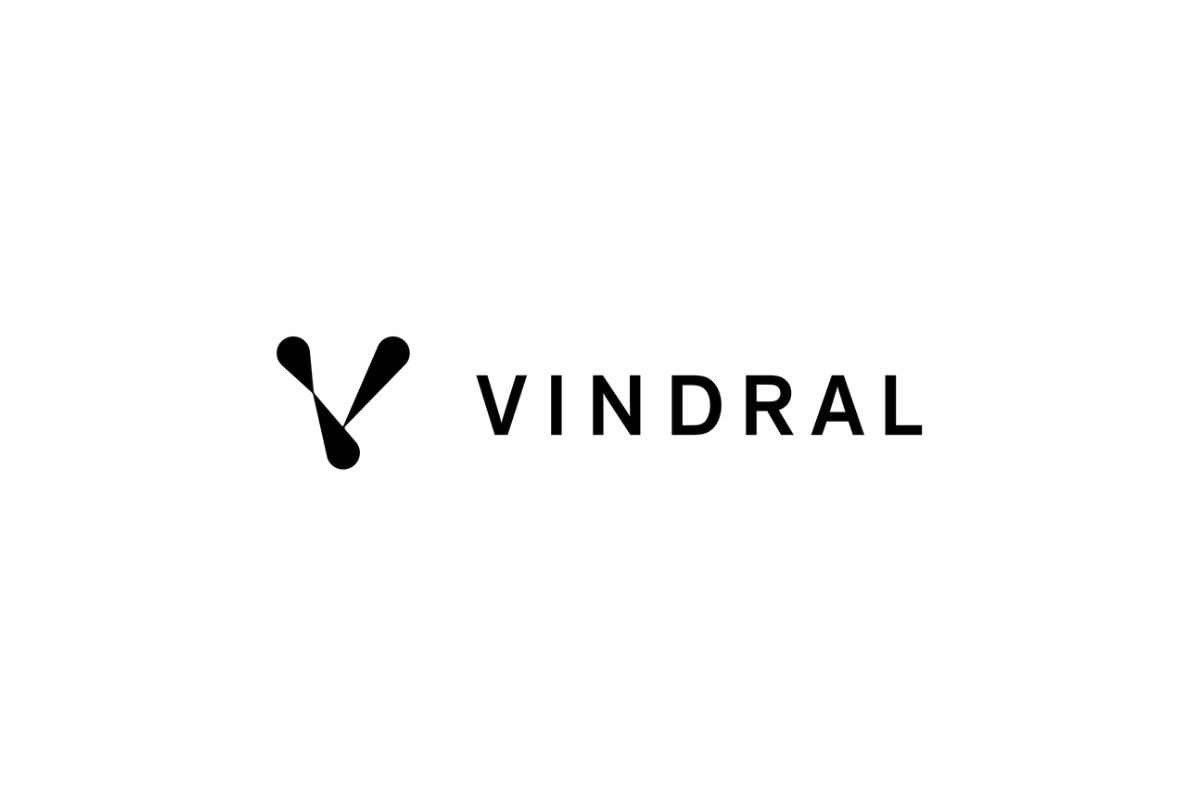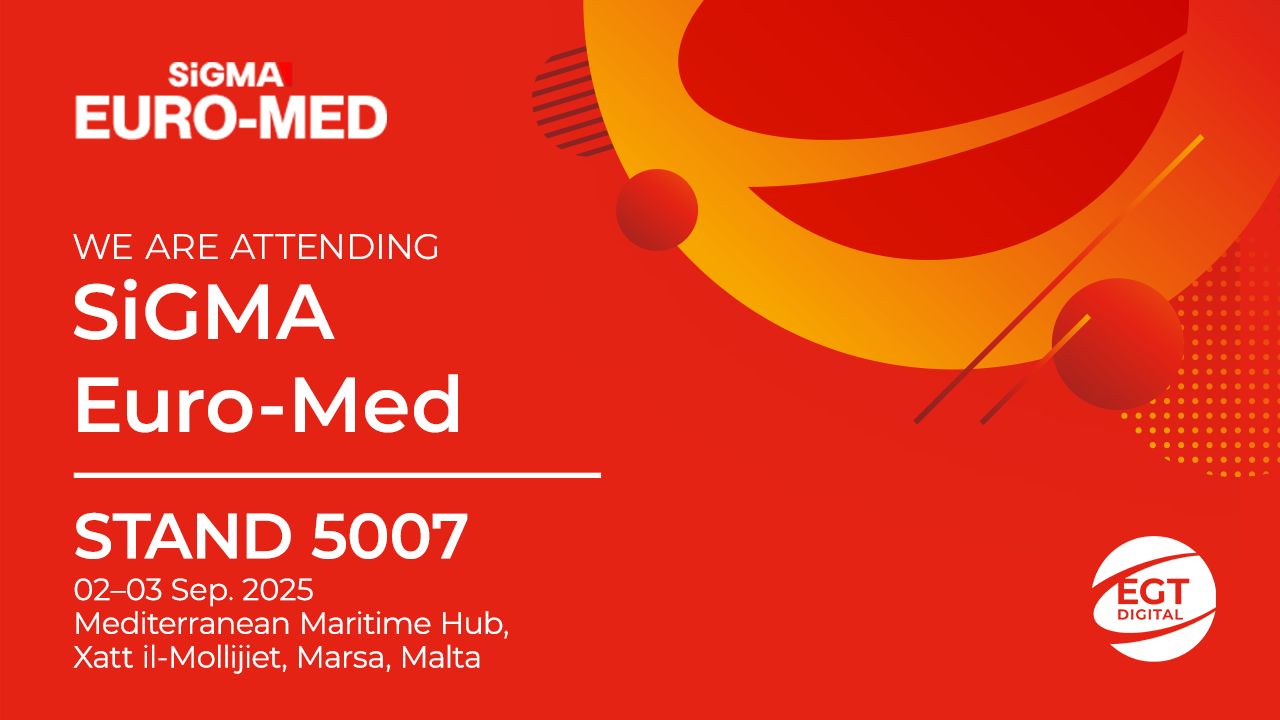Latest News
What Europe Can Learn from Canada’s Bold Approach to iGaming Regulations

The iGaming world is subject to constant changes in terms of the rules and regulatory framework for each market. If we were to look into these regulations, we would inevitably conclude that they help shape not only the player experience but also the integrity, safety, and economic viability of entire markets.
For years, Europe has been recognized as a leader in iGaming, boasting numerous popular markets and reputable regulatory agencies, including the UK Gambling Commission and the Malta Gaming Authority. However, with the rapid development of other markets, Europe appears to be struggling to keep up. There are growing complexities regarding the legality of gambling and the laws surrounding this market in various countries, not to mention the political pushback in some countries.
For many, the solution lies in profound changes to the way European countries regulate online gambling. This is where Canada comes into the conversation, with Ontario and its oversight of the best Bayton casinos for Canadian players serving as an excellent template for reform in regions such as Europe. It certainly demonstrates that the online casino market can strike a balance between commercial freedom and robust consumer protection.
Today, we will discuss how Canada’s recent developments in iGaming can help Europe navigate its much-needed period of reform. Let’s get started.
A Closer Look at Ontario’s iGaming Model
Canada’s iGaming market has a unique structure, with each province being free to determine its own gambling rules and regulations. The first province to fully regulate iGaming in Canada was Ontario, when it created the Alcohol and Gaming Commission of Ontario in 2022. Since then, casino enthusiasts from the province have been able to legally gamble at private operators that have obtained a license from the AGCO.
Furthermore, iGaming Ontario oversees the work of the licensed operators. While the selection isn’t that diverse, with only around 50 legal casinos at this time, playing at such casinos allows players to be safe and able to use robust responsible gambling tools to keep their gambling urges in line.
Rather than fighting against offshore operators, Ontario invited them with open arms, on their terms. This has helped create a thriving, transparent ecosystem that will likely serve as an example for other Canadian provinces as they regulate their gambling markets.
Europe’s Complex Landscape
When compared to Canada, Europe’s iGaming landscape looks quite tangled. Instead of a unified system, each nation can determine its own gambling rules and regulations. With the sheer number of nations on the European continent, you can only imagine how many different systems players have to navigate.
Two European gambling markets that are popular for their stellar regulatory frameworks are the UK and Malta. In the UK, all online casinos are required to obtain a license from the UK Gambling Commission, which mandates strict security measures to protect players. As for Malta, there is a local regulatory body, the Malta Gaming Authority, that oversees the work of many international platforms.
Some other markets that we can highlight are Germany, where the laws are extremely strict, particularly regarding caps on stakes and bonuses. In Finland, a monopoly system will be in place for a while longer, while in the Netherlands, the market is regulated but remains too strict.
For most other countries, players have to focus on offshore casinos or the few legal gambling platforms available to them. However, rules remain quite inconsistent, and it’s often the case that people see policies change without any previous warning. So, it’s easy to see why many look up to Ontario’s cleaner, more coordinated system with admiration.
Lessons Europe Can Take From Canada’s iGaming System
1. A Unified System Within a Federal Model
Canada and Europe are similar in terms of construction. In Canada, provinces have the authority to determine their gambling laws, similar to European countries. If there’s one thing we can take from Ontario’s current model, it is that a local system can function within a larger federal system without causing chaos.
iGaming Ontario and AGCO work in harmony, making joint decisions on license approvals, compliance monitoring, data audits, and all other rules that online casinos must follow. The same format can be helpful in Europe, where a general regulatory body can collaborate with local regulatory bodies in each country to reduce redundancy and enhance consumer protection across the continent.
2. Market Liberalization and Consumer Protection
If you look at the Ontarian model closely, you will see that it’s possible to open the market to offshore brands without compromising safety. These brands must apply for an AGCO license, which means that they must offer:
- Responsible gambling tools that include deposit, loss, session, and time limits.
- Self-exclusion tools and a centralized registry affecting all local casinos
- Independent dispute resolution
- Real-time responsible gambling tracking systems
Instead of adopting similar regulations, European countries can have completely different rules regarding online casinos and safety protocols. Some countries, such as Germany, have overly strict rules. Others have literally no oversight over online gambling, allowing offshore casinos to operate however they wish. Neither option is too smart, so Europe must find a way to strike a balance between market control and player empowerment.
3. Control Over Advertising
If you turn on any sports or general TV channel in Europe, you will notice countless prime-time ads featuring celebrity endorsements of online casinos and sports betting platforms. This type of marketing has had a negative effect on people, causing them to consider gambling or sports betting more often just because their idols endorse it.
In Ontario, advertising has been regulated with clear rules. First of all, there’s no celebrity endorsement. All advertising for these types of platforms must be fully transparent, and the casinos must also provide their official consent for a bonus to be advertised to players. If a casino operates under more than one domain, the specific domain must be mentioned in the ad.
This type of framework helps protect players and allows operators to communicate effectively.
4. Simplifying the Player Journey
Another essential part of Ontario’s model is the intuitive player experience. From the moment you join a platform, you can easily verify the license at the bottom of the homepage. Then, you can also use responsible gambling tools at any time, including self-exclusion. If you need to file a complaint, you can do so with AGCO and no other body. On the official iGaming Ontario website, you can also find a complete registry of licensed casinos if you need to double-check the status of any brand.
Since there’s no unification between European countries and their online gambling rules, players may struggle to navigate the iGaming landscape. Often, offshore casinos are not mandated to display licensing information transparently. The bonus rules and casino terms and conditions can be ambiguous, while disputes are not handled promptly and in some cases, not at all.
If Europe manages to simplify the gaming journey, this could take the players’ experience to the next level.
Can Europe Really Copy Canada’s Model?
Europe really needs to rethink and rebuild its online gambling system because, let’s face it, this is becoming a favourite pastime worldwide, and gambling platforms are not going away anytime soon. However, it will definitely face some challenges when implementing changes, even if it tries to follow Canada’s model.
For one, Europe is far more linguistically and demographically fragmented than Canada. Not all countries are on the same page about legalizing online gambling, while some countries might want to rely on gambling monopolies for public funding.
Still, it’s worth a shot to try and get a grip on this important market. The changes will help provide a smart, inclusive, and evidence-based governance, as well as an easier gaming experience for those interested in it.
-

 Africa6 days ago
Africa6 days agoQTech Games wins Best Innovation of the Year at the 2025 SBWA+ Eventus Awards
-

 Asia6 days ago
Asia6 days agoNODWIN Gaming and JioStar Unveil OnePlus Android BGMS Season 4
-

 Latest News6 days ago
Latest News6 days agoVindral appoints Henrik Fagerlund as Chairman of the Board
-

 Latest News6 days ago
Latest News6 days agoCalema to Perform at Legends Charity Game in Lisbon
-

 Conferences in Europe6 days ago
Conferences in Europe6 days agoEGT Digital and EGT to rock the show at SiGMA Euro-Med 2025
-

 Latest News5 days ago
Latest News5 days agoPush Gaming redefines its portfolio, unveiling new game categories and sub-brand for extended player reach
-

 Affiliate Industry5 days ago
Affiliate Industry5 days agoNikita Lukanenoks Brings Slotsjudge Into Spotlight With Affiliate Leaders Awards 2025 Nomination
-

 Latest News6 days ago
Latest News6 days agoThunderkick returns for an even fierier fiesta in Carnival Queen 2























